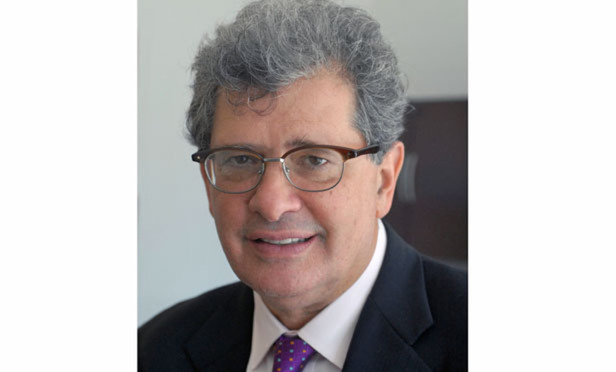On June 22, 1964, 50 years ago Sunday, the U.S. Supreme Court decided Jackson v. Denno, in which it reversed the conviction of Nathan Jackson for murdering a New York City police officer.1 For Jackson, the victory was short-lived: he was convicted at a retrial and resentenced to death. For thousands of New York defendants, Jackson has had a more lasting effect: It spawned Huntley hearings—the pretrial hearing at which the court determines the voluntariness of a confession—which are now a staple of our criminal justice system.
Killing and Confession
On June 14, 1960, at about 1 a.m., Nathan Jackson and Nora Elliot registered at a Brooklyn hotel. As the clerk began showing them to their room, Jackson robbed her at gunpoint. He then herded the clerk, a porter, and several guests into a third-floor room and warned them to stay there until he was gone. Ignoring his warning, they broke a window and shouted for help. Police Officer William J. Ramos, who had been on the job only 18 months, heard their shouts and intercepted Jackson as he was leaving the hotel. In the exchange of gunfire, Jackson shot Officer Ramos twice, killing him.



